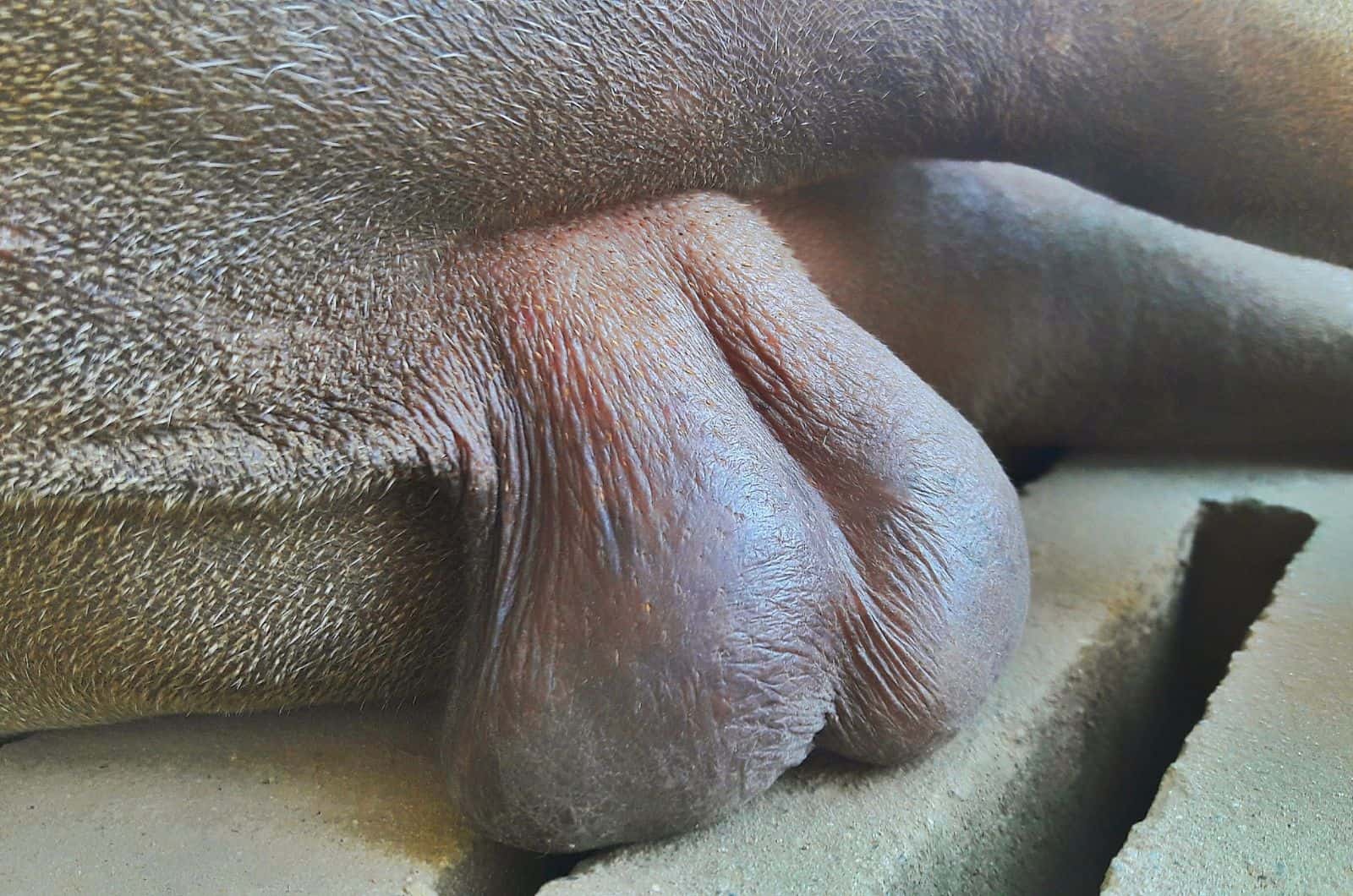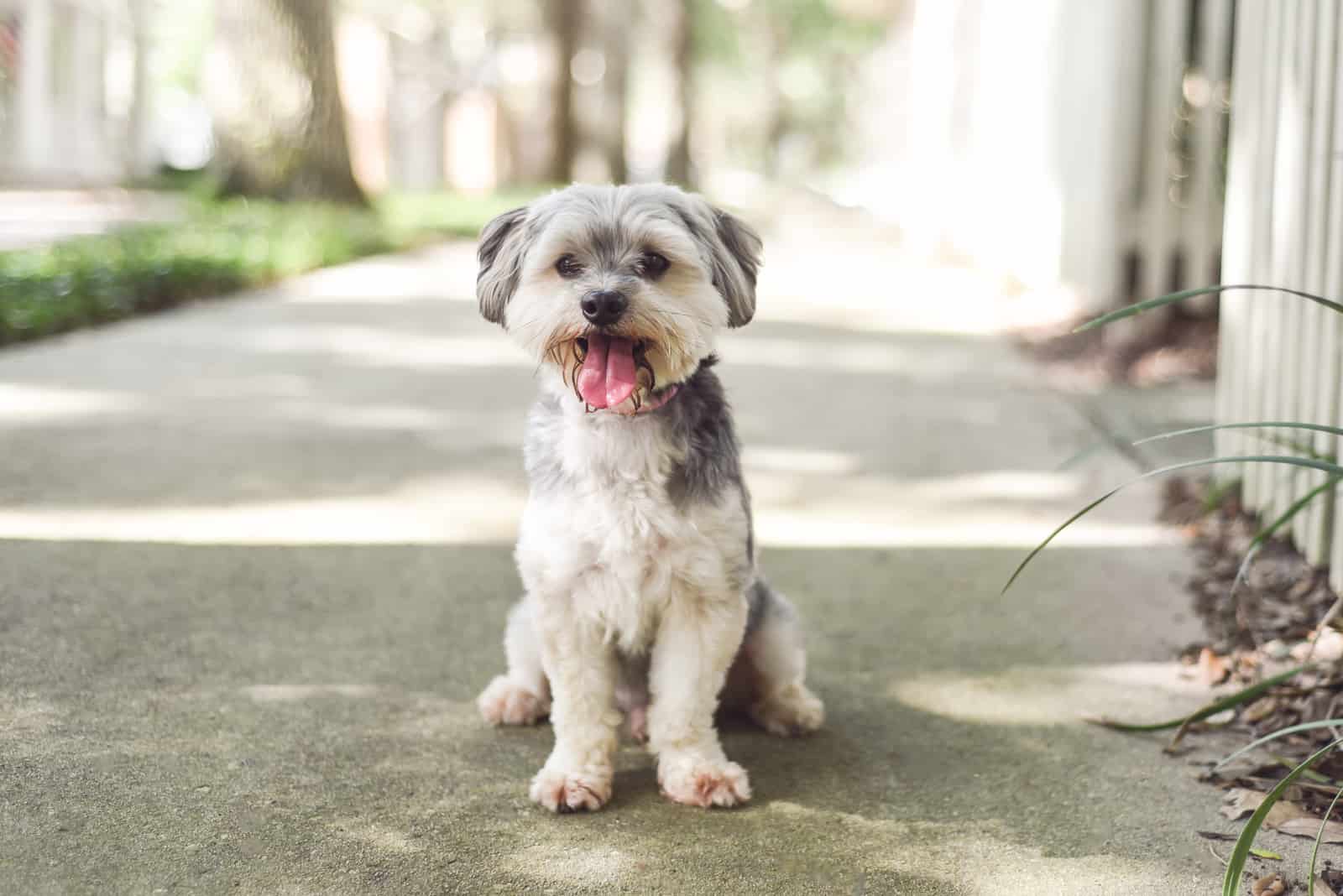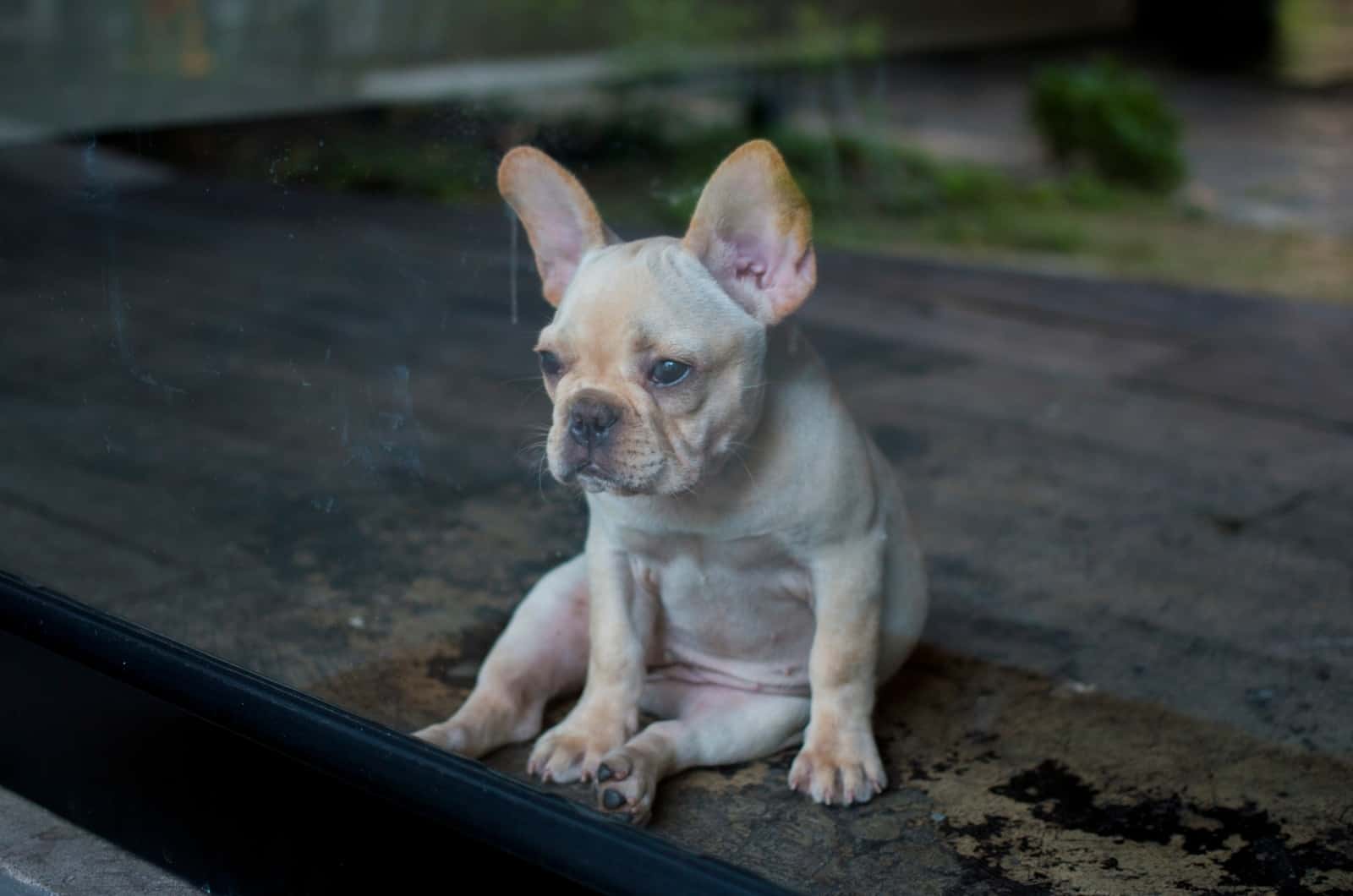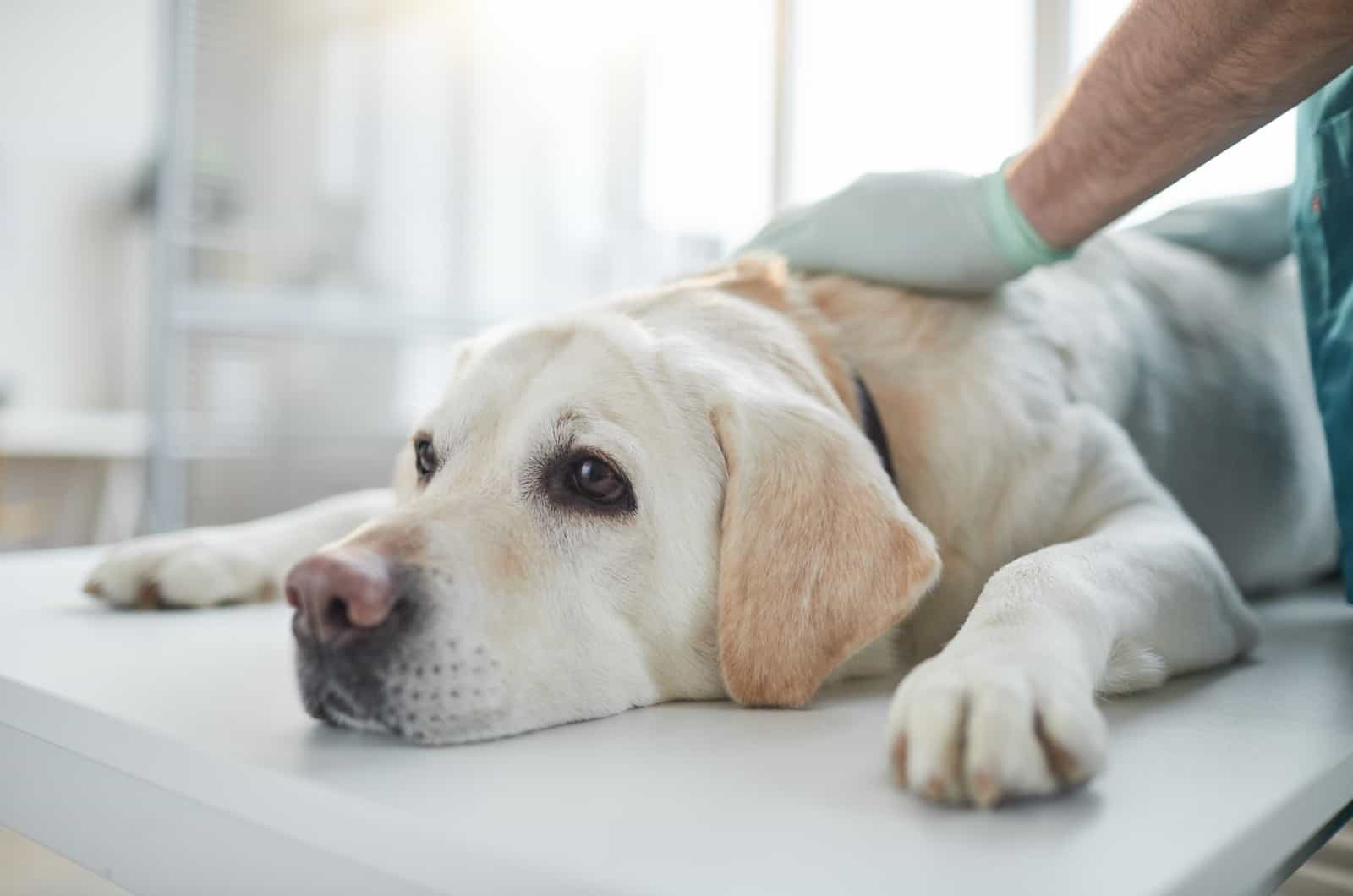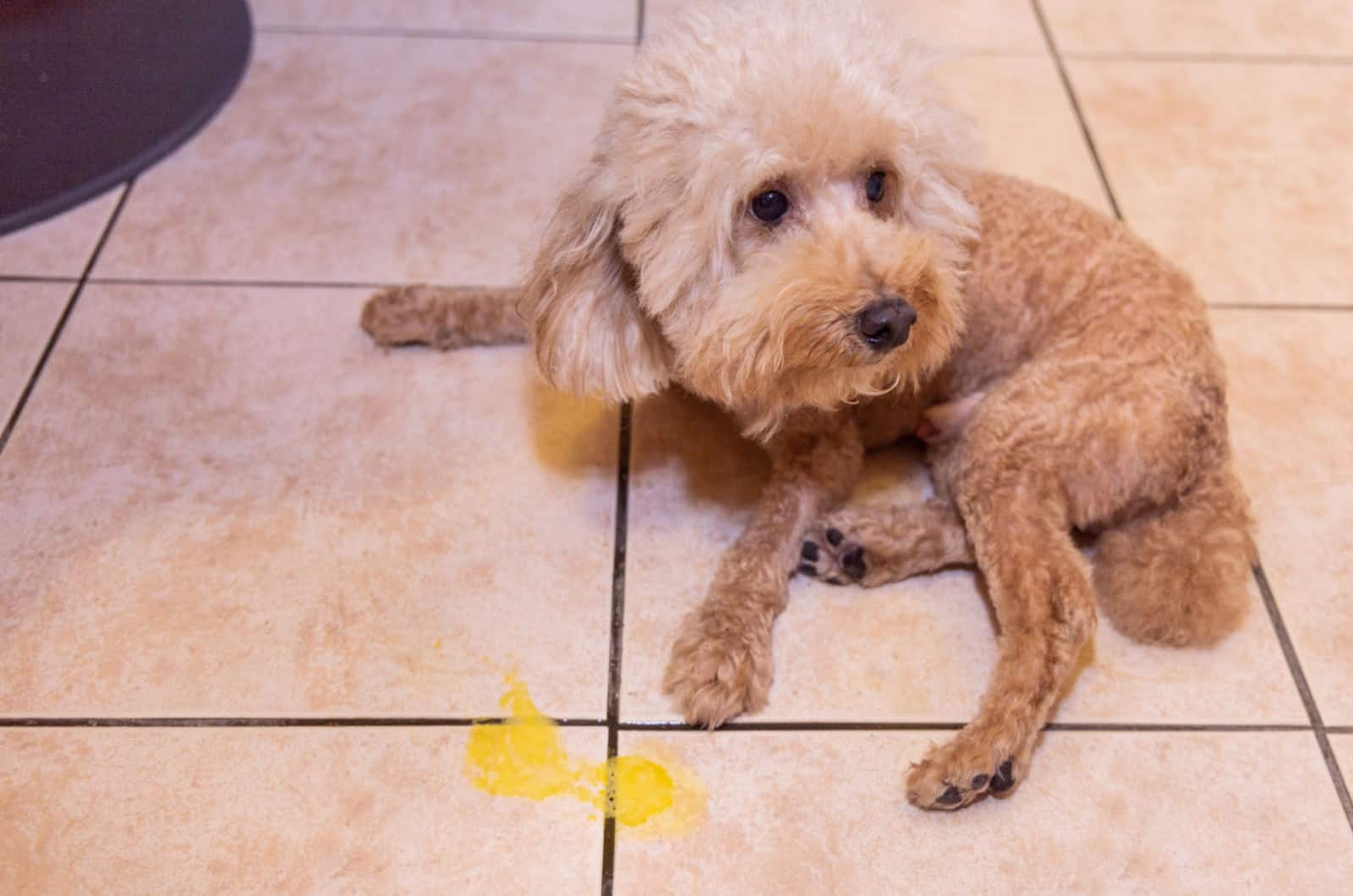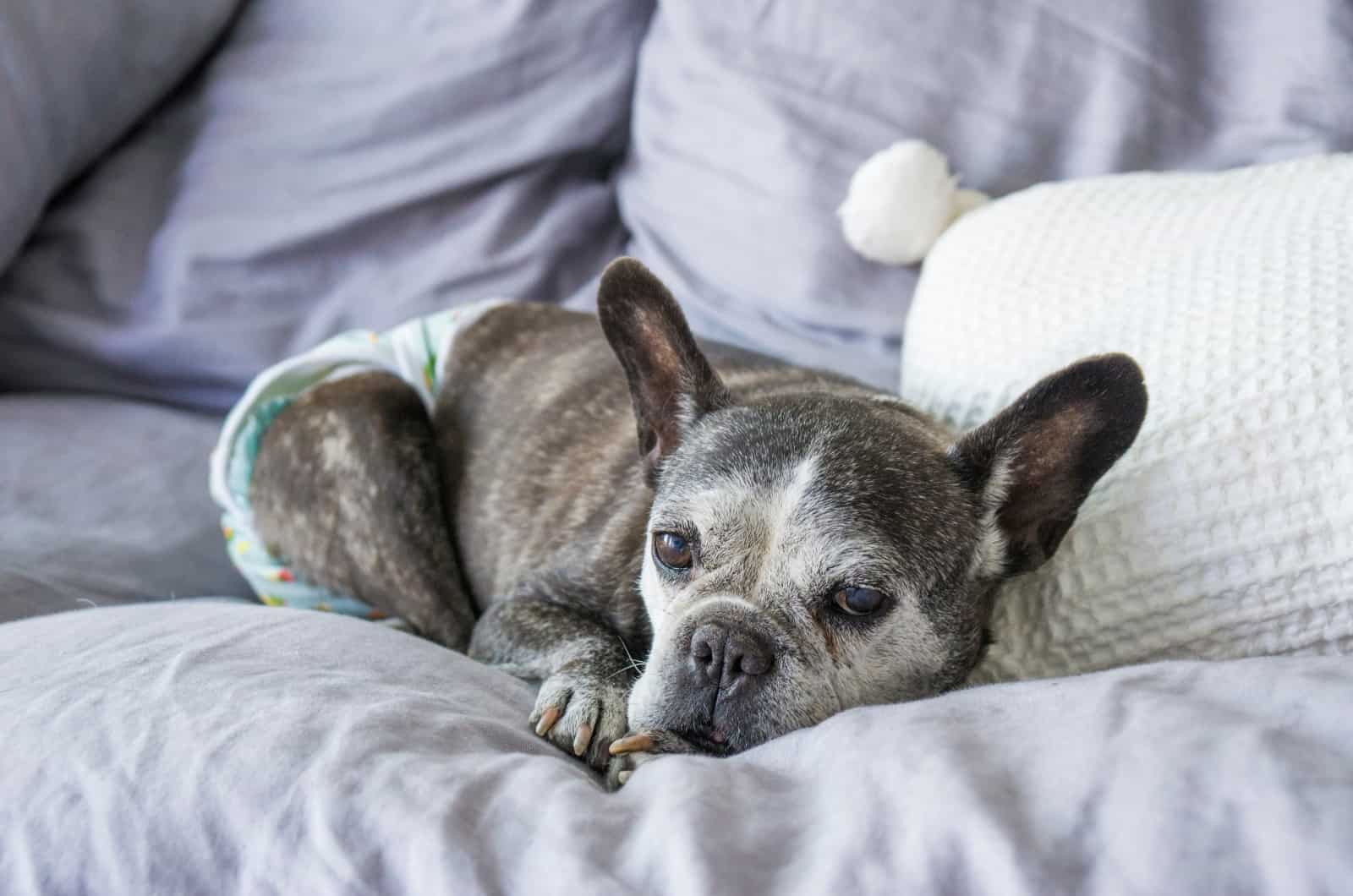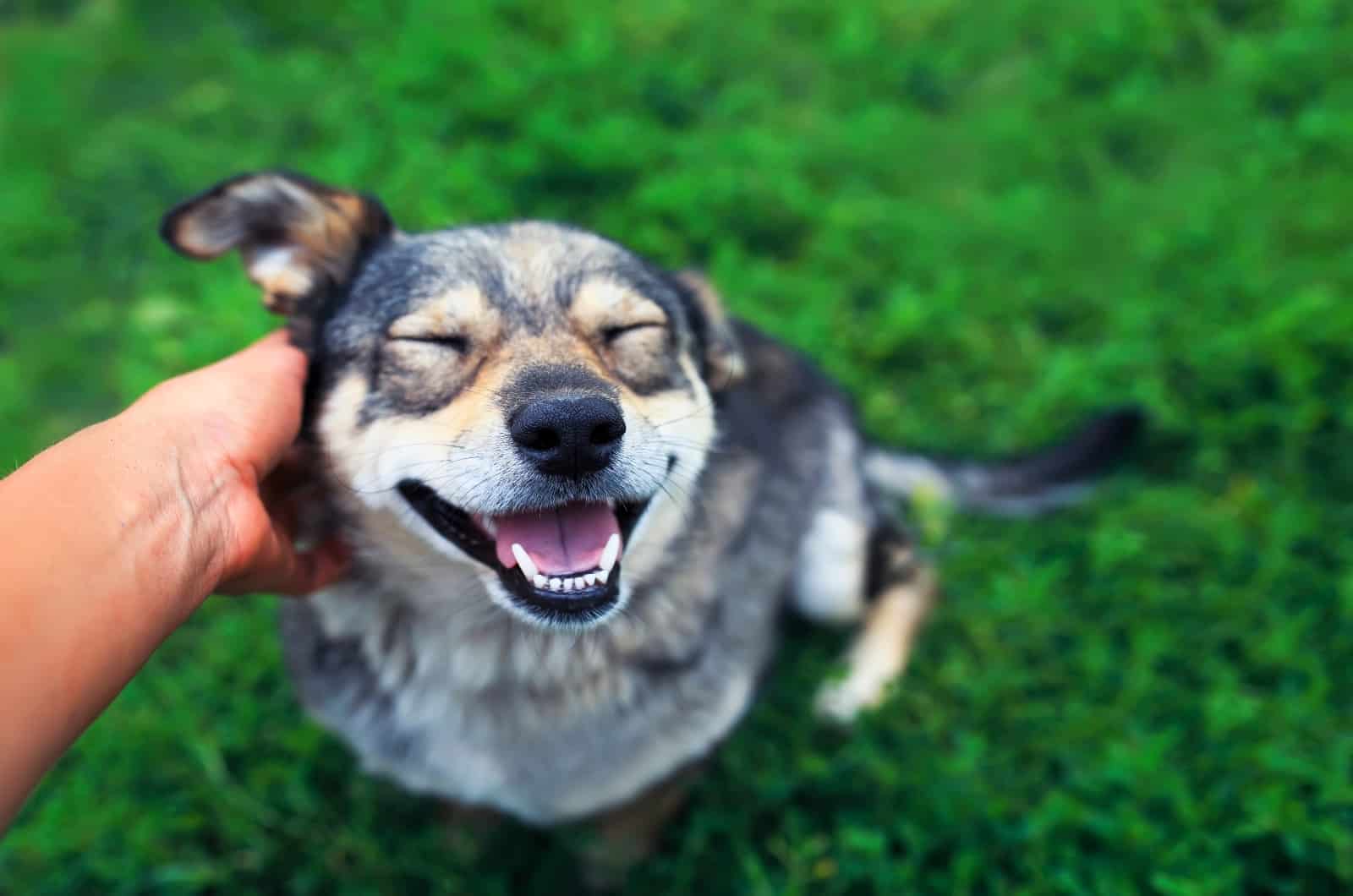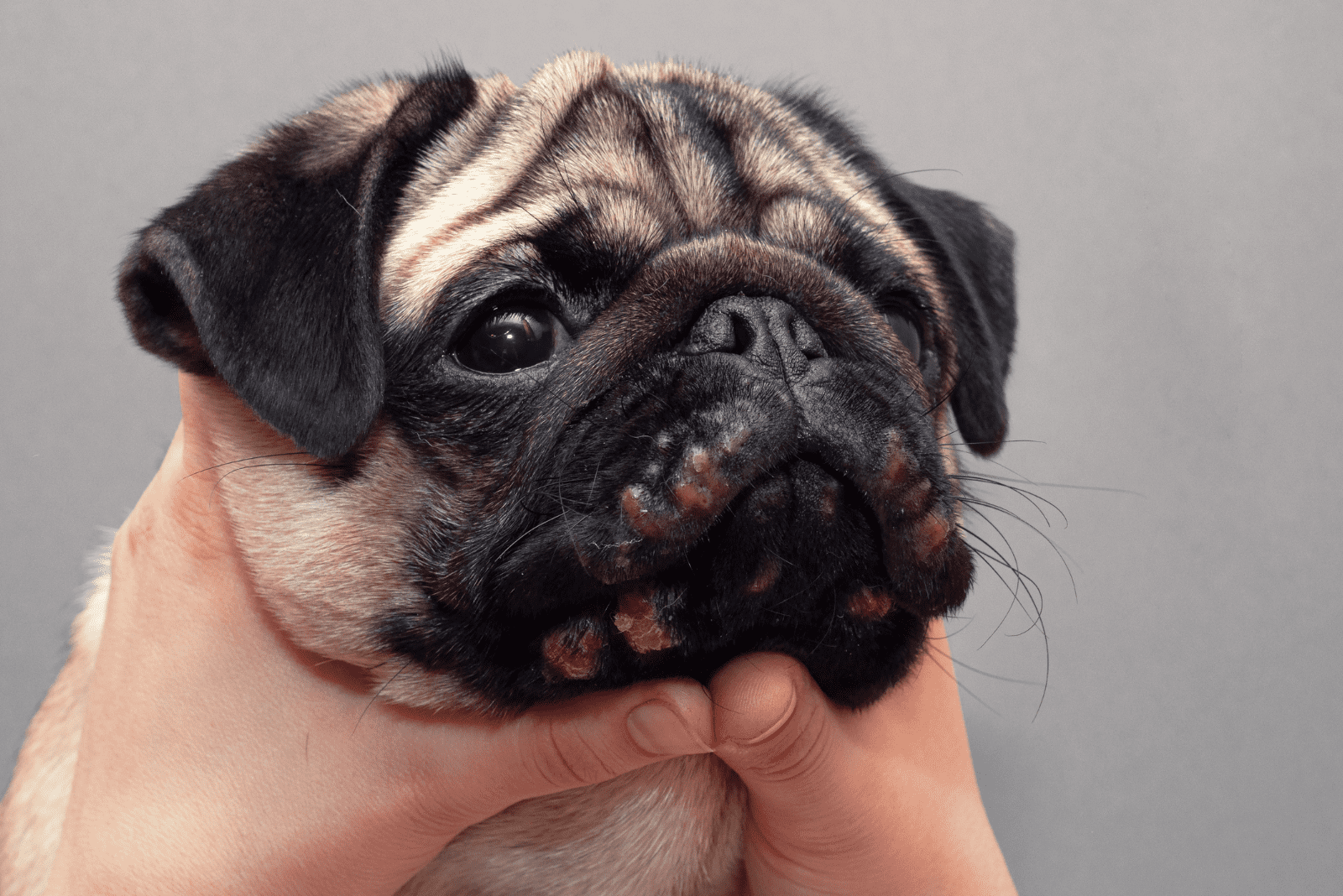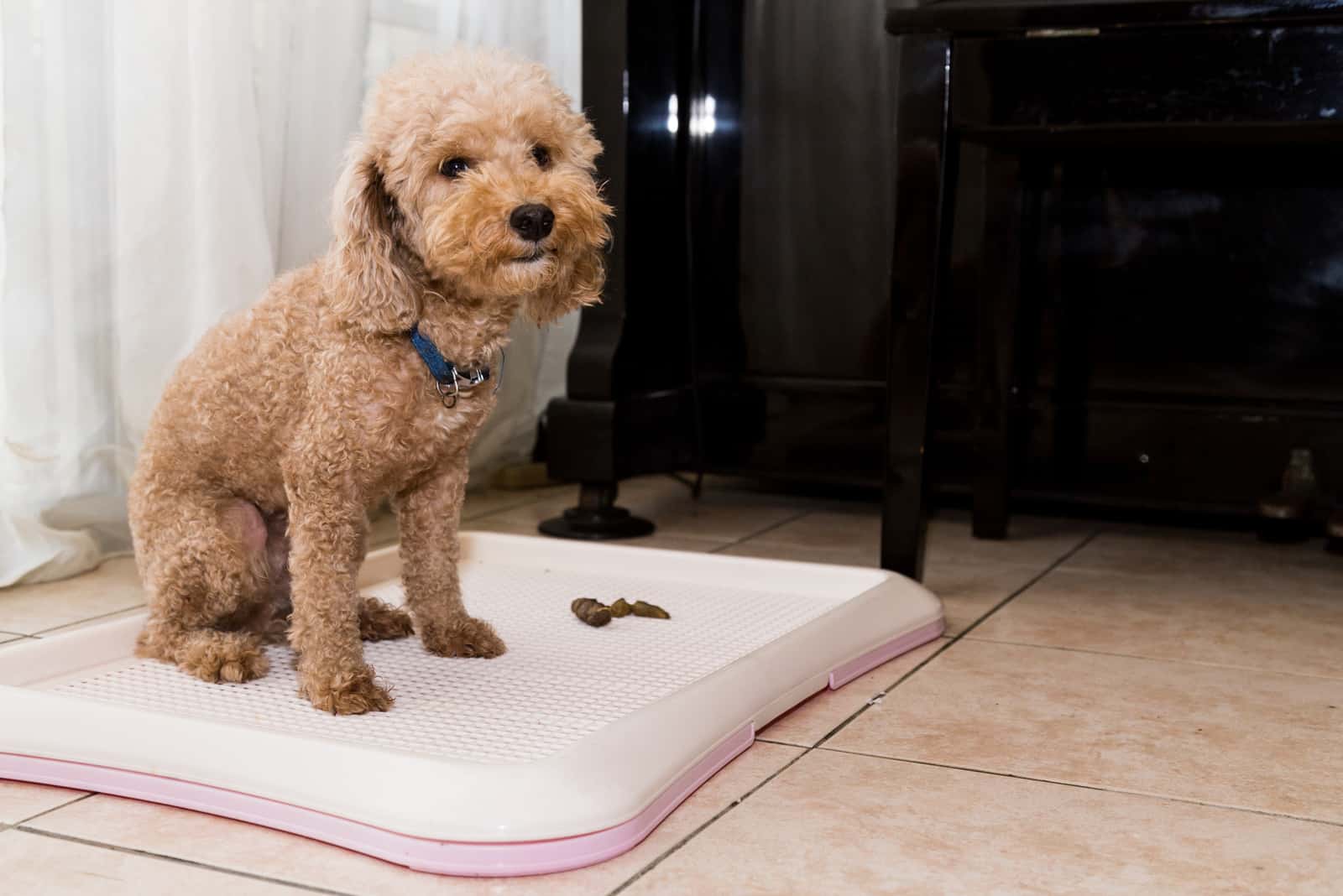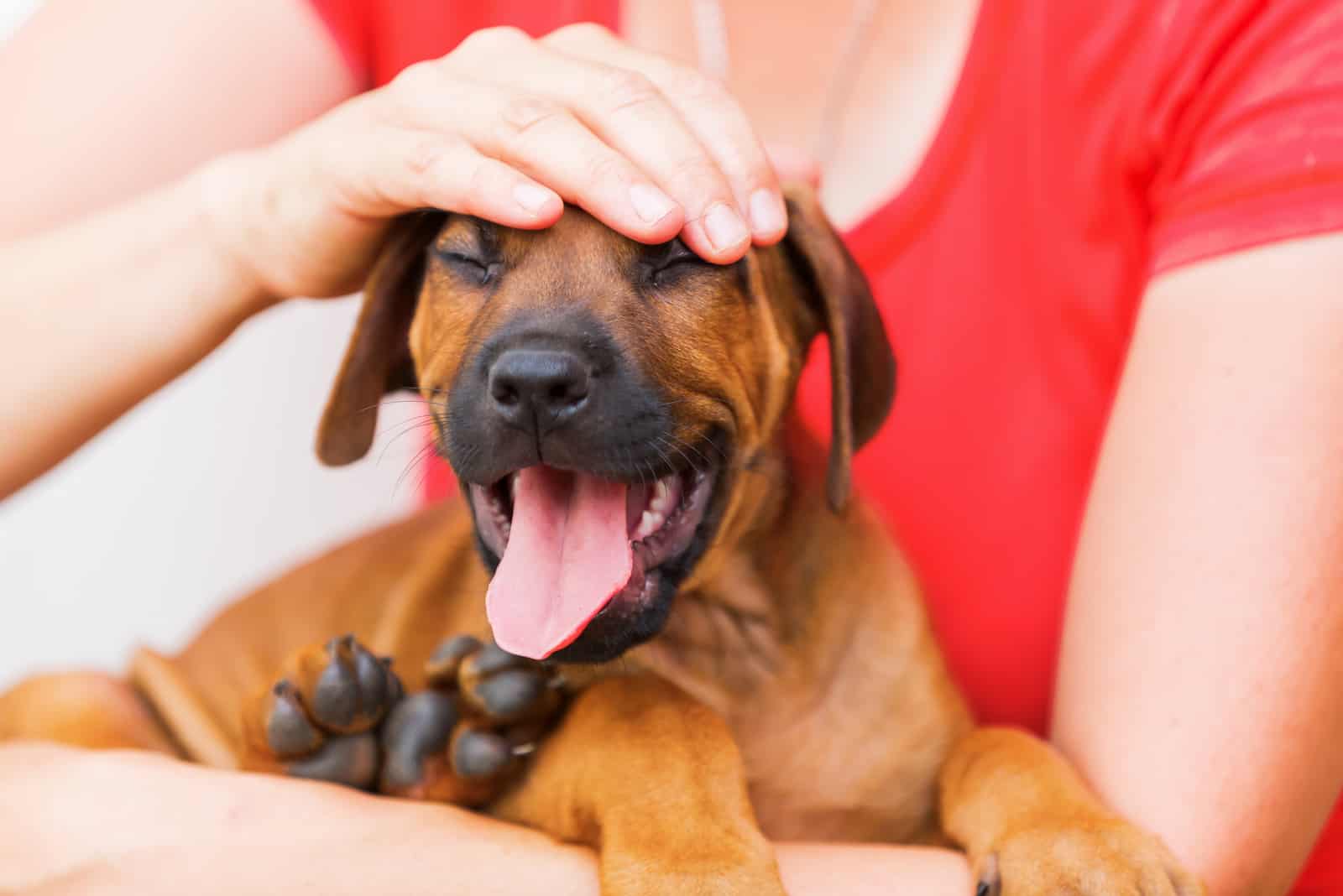According to the opinion of many dog lovers, sterilization can significantly decrease behavior problems in dogs. But, is this actually true? If you are currently asking yourself: Will neutering my Rottweiler calm him down?, you are in the right place.
Sterilization of male dogs involves the removal of his testicles. There are numerous medical reasons for the castration of a male Rottweiler, and there is the most obvious reason – all dog owners who do not want their Rott to reproduce decide to castrate him.
However, apart from medical reasons, there is also a theory about the connection between castration and male Rottweilers’ behavior patterns.
If your Rottweiler puppy is quite active and lively, and has started to show sexual drive, along with some undesirable behavior, it is possible that you have already received advice to sterilize your pet.
Let’s find out if neutering can really calm your Rottweiler, when you should subject your dog to this procedure, and what are the main benefits of neutering a dog.
Will Neutering My Rottweiler Calm Him Down?
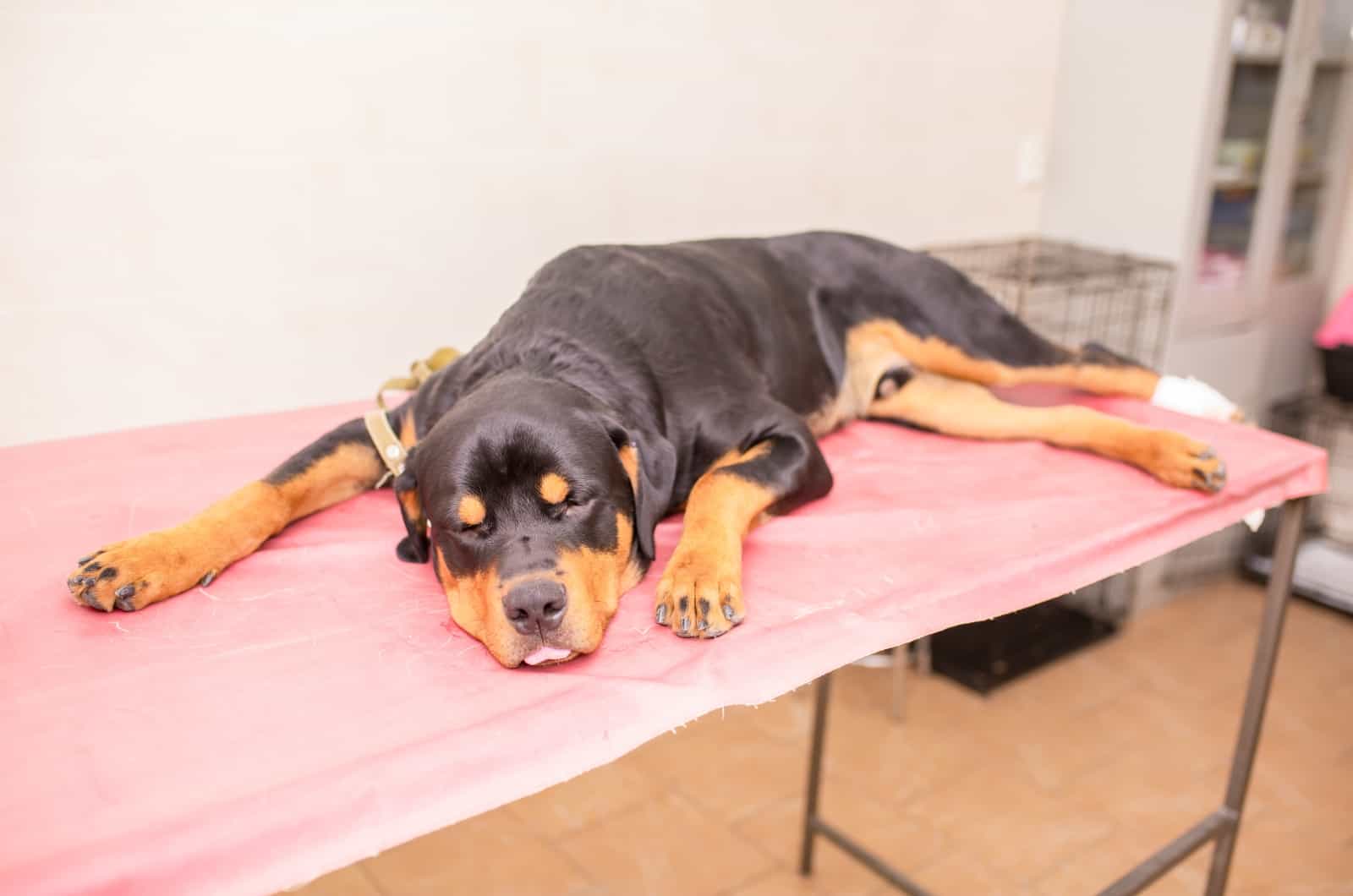
Nowadays, castration of a dog is a routine operation that involves the removal of the dog’s reproductive organs – in female Rottweilers, this operation involves the removal of the ovaries (sometimes also the uterus), and in male Rottweilers – the removal of the testicles.
This procedure is called spaying the female dogs, and neutering the male dogs.
From a medical point of view, the castration of male Rottweilers has many advantages. First of all, it prevents the appearance of testicular cancer, and reduces the risk of developing prostate cancer and other infections.
Also, castration of a male Rottweiler can significantly reduce the likelihood of hernias and tumors in the dog’s buttock area. Therefore, neutering your male Rottweiler can be very beneficial for the health and for extending the lifespan of your dog.
However, many people believe that castration can also reduce signs of Rottweiler aggression. It is true that neutering a dog will reduce his sexual desire, so you can expect that your dog will no longer wander away from home to look for a partner.
Also, his urge for territory marking will be significantly reduced and the dog will stop humping on objects, other dogs, or even you or any member of your family.
However, we would like to emphasize here that the period when your Rottweiler is neutered is essential.
This procedure should not be done too early or too late. Also, if your dog exhibits learned unwanted behaviors, neutering may not necessarily solve your problem.
What Is The Best Age To Neuter A Male Rottweiler?
In the past, it was generally considered ideal to castrate male dogs when they are between 6 and 9 months of age.
The period from 6 to 9 months was considered the best since this is when most male dogs become sexually active.
Soon, some breeders started to believe that it is more beneficial to castrate even younger puppies, at the age of 4 to 16 weeks, before the dog’s sexual maturity, and before the female dog’s first heat cycle.
However, there are also many opinions on risks of early neutering and early spaying in dogs, such as cruciate ligament tears, hip dysplasia, as well as certain disturbances in the dog’s development.
And what about Rottweilers? What would be the ideal age for castration of male Rottweilers?
The Rottie is a larger dog breed, so, it might look big at 1-year old, but this does not mean this dog is mentally fully grown-up at this age. Actually, many Rottweilers mature later, when they are around 2 or 3 years old.
If you want to avoid the risk of overpopulation in dogs, the logical choice to do is to castrate your Rottie.
However, taking the breed characteristics into consideration, we suggest you wait until your Rottweiler is at least 1 year of age, or even when he is around 18 months of age.
This way, you will have a neutered dog, but you will also avoid risk of early neutering. Also, the best age for neutering might not be the same for all Rottweiler dogs, so, the best thing is to consult with your vet or your Rottie’s breeder.
Does Neutering A Rottweiler Stunt Growth?
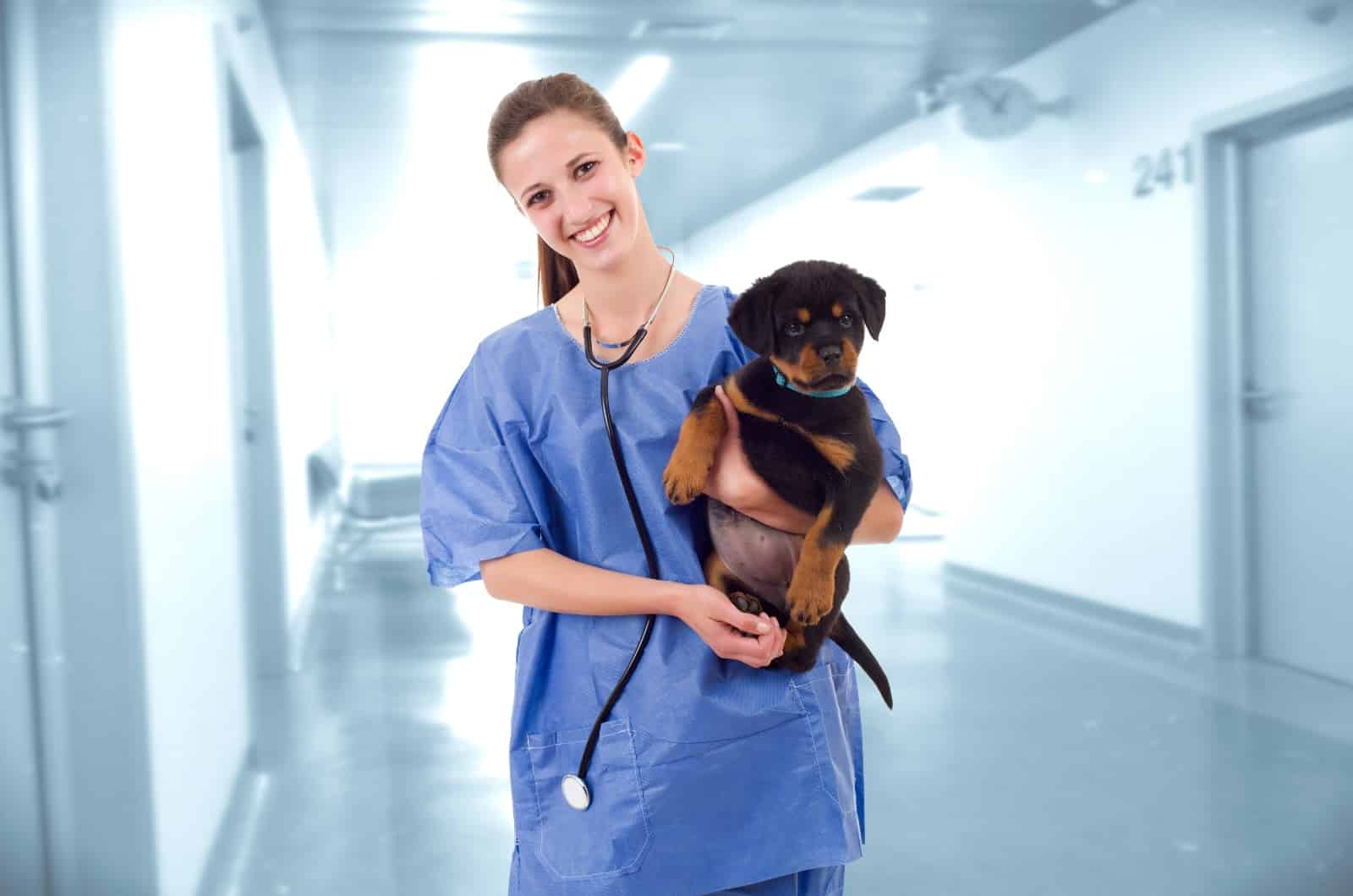
You are probably pretty well informed about neutering your male Rottweiler, and you may have heard that this procedure can stunt your dog’s growth.
We will repeat again that sterilization of a dog is a routine procedure; you just have to trust your vet, and, if all goes well, your dog will probably be in pain for about 7 to 10 days after neutering. After these first few days after surgery, your dog will begin to return to normal.
But, it is quite logical that every Rottweiler owner wants to know more than the far-reaching consequences of castration for his dog.
You should be aware that there is a greater chance that intact dogs will continue to show dominant behavior, humping up, and marking territory.
What is important to understand is that a dog’s sex hormones are related to its growth, and development of its bones, connective tissue, and cartilage.
So, if you castrate your Rottweiler too early, there is a real possibility that degenerative changes will occur in the dog’s joints.
Therefore, we emphasize again how important it is to undertake castration at the right age for each dog.
You should always look at this from an individual level – even if you have two male Rottweilers, this does not mean that you should castrate them at the same age.
Consult a veterinarian and check when your dog is perfectly ready for castration, both physically and mentally.
In this way, you will be able to notice the positive effects of castration on your pet’s behavior, while avoiding any negative impact of this procedure on its growth.
Will My Dog Be Less Aggressive After Neutering?

Many people find Rottweilers as a dangerous dog breed. However, Rotties owners know how loving and devoted these dogs are – so much that many of them even become clingy to their owners.
Still, this does not mean that a Rottweiler will not show aggression, because it might, especially a young puppy that is still not well-socialized and trained.
So, many owners will decide to castrate their Rotties, since they heard neutered males are less likely to show aggression.
As we have already explained, neutering your Rottweiler can prevent him from humping, competing with his male counterparts to win a female, and marking territory.
Since the castration of the Rottweiler is recommended when this dog becomes mature, there is a good chance that a Rottie will already be showing certain learned behaviors by this age.
Every Rottie owner should know how to distinguish his dog’s sexual behavior from his character and learned behaviors.
So, if your Rottweiler is not adequately trained and socialized, removing the dog’s testicles will not necessarily calm him down. This means that your dog may still hump things and get into fights with other male dogs even after being neutered.
Therefore, we recommend that you start with early socialization of your puppy, soon after you bring him from the breeder or from the animal shelter. In this way, you will best see the benefits of castration on your dog’s behavior.
What Are The Benefits Of Neutering A Rottweiler?

If you are not sure whether to neuter or not your Rottie, I am sure seeing all the pros and cons of this procedure can help you make your final decision.
Let’s start with the benefits of this procedure.
1. Neutering Prevents Certain Health Issues
Castration is recommended in male dogs in order to prevent diseases such as testicular tumors and prostatitis.
According to some opinions, this procedure can also reduce the risk of diabetes in dogs.
2. No Wandering Around
After castration, your male Rottweiler will leave home less often in search of a female to mate with.
If you’ve had a problem with a professional escaping even from a fenced yard, neutering your male could make your life significantly easier.
The hormone testosterone is responsible for the dog’s urge to mark territory, which usually represents their desire to show that they are dominant.
Neutering your male Rottweiler will reduce the dog’s display of dominance in this way.
3. Less Humping
Humping is not an abnormal behavior – all dogs hump, even females! Some dogs show this behavior when they become sexually mature, and they stop with it after a while.
However, this might take more time in some dogs. If your Rottie humps everything, including the air, and you are getting seriously tired of this, neutering him might be the best solution.
In order to satisfy their sexual urge, Rottweilers will hump at dogs, but also at all kinds of objects, and even you. This can be quite annoying, especially when you have guests over and your Rottie starts shamelessly jumping on them too.
Castration will significantly reduce your dog’s sexual drive, and thus his desire to hump on everything.
4. Prevents Overpopulation In Dogs
Overpopulation is not the only problem of female dogs’ owners – even if you have a male Rottweiler, you are equally responsible for dogs’ well-being.
Neutering your male dog will disable him from reproducing, therefore, if you are sure you don’t want your Rottie to mate ever in his life, you should neuter him.
There are many purebred Rottweilers, as well as their mixes in animal shelters nowadays. To prevent this, all Rottweiler owners should do the right thing and castrate their dogs on time.
What Are The Risks Of Neutering A Rottweiler?
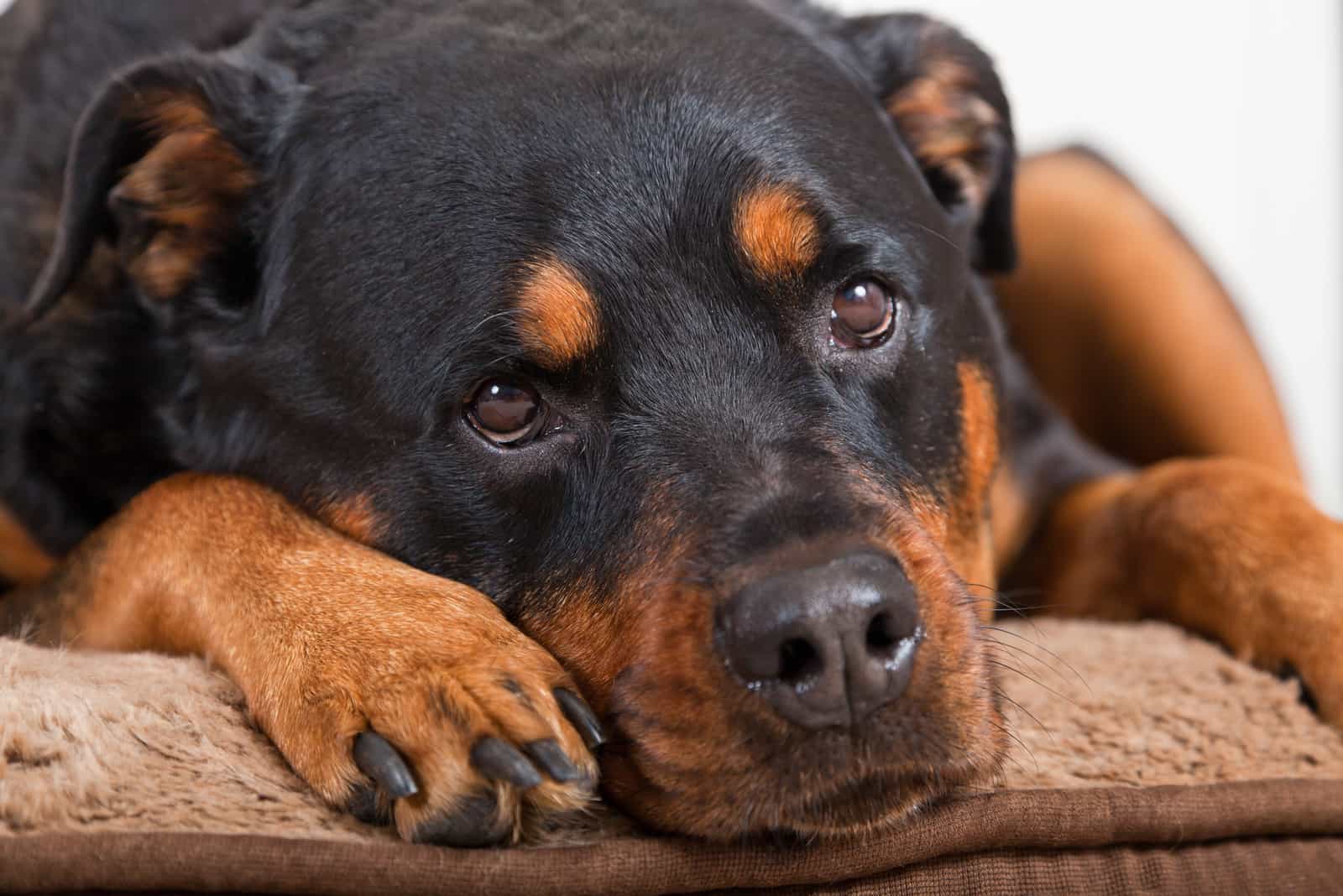
One of the frequent risks of neutering a Rottweiler is the dog gaining weight. Neutered dogs are likely to become less energetic. Every Rottweiler owner should keep in mind that they may have to reduce their pet’s food in the period after surgery.
Castration in itself does not make the dog obese, but overfeeding and lack of activity can easily cause your Rottie to gain weight.
Weight gain in a dog immediately after sterilization can also be caused by a change in the dog’s hormone level.
Also, in some cases, even dog owners can cause obesity in their Rottweilers, by giving their dog, which has a reduced need for energy, high-energy food.
You should definitely always feed your Rottweiler with high-quality food, and you should pay special attention to this in the period after sterilization. You can find some great options on our list of the best dog foods for Rottweilers.
In addition to obesity, an additional risk of castration in male Rottweilers is bone cancer. However, this risk occurs only when the castration is performed before the dog reaches sexual maturity.
Also, there are opinions that premature castration can increase the risk of hypothyroidism, various orthopedic diseases, and even damage to the dog’s conjunctival functions.
So, Should I Neuter My Rottie?

We can conclude that there are far more benefits than risks of neutering a Rottweiler.
Castration is a safe way to prevent unwanted litters of puppies. This procedure reduces the sex drive in the dog, and also reduces the risk of certain diseases.
Neutered dogs are less likely to run away from home, and with this you will potentially reduce the possibility of your dog getting lost or injured while away from home alone.
Many neutered Rottweilers will become calmer and less aggressive, but we would not dare to put this as one of the main results of the castration of this dog.
After all, castration will not miraculously solve behavioral problems if they already exist in your Rottweiler.
Therefore, the decision to castrate this dog should definitely be made in accordance with the wishes and plans of the owner of the dog, as well as in accordance with the Rottweiler’s temperament and life circumstances.
Also, keep in mind that neutering is a routine procedure, but this procedure still involves putting your dog under anesthesia. Every operation carries a certain risk, no matter how minimal it may be.
You should give your veterinarian all the information he asks for before the operation. In any case, the veterinarian will inform you in detail about the course of the operation, its consequences, as well as your pet’s recovery.
Final Thoughts
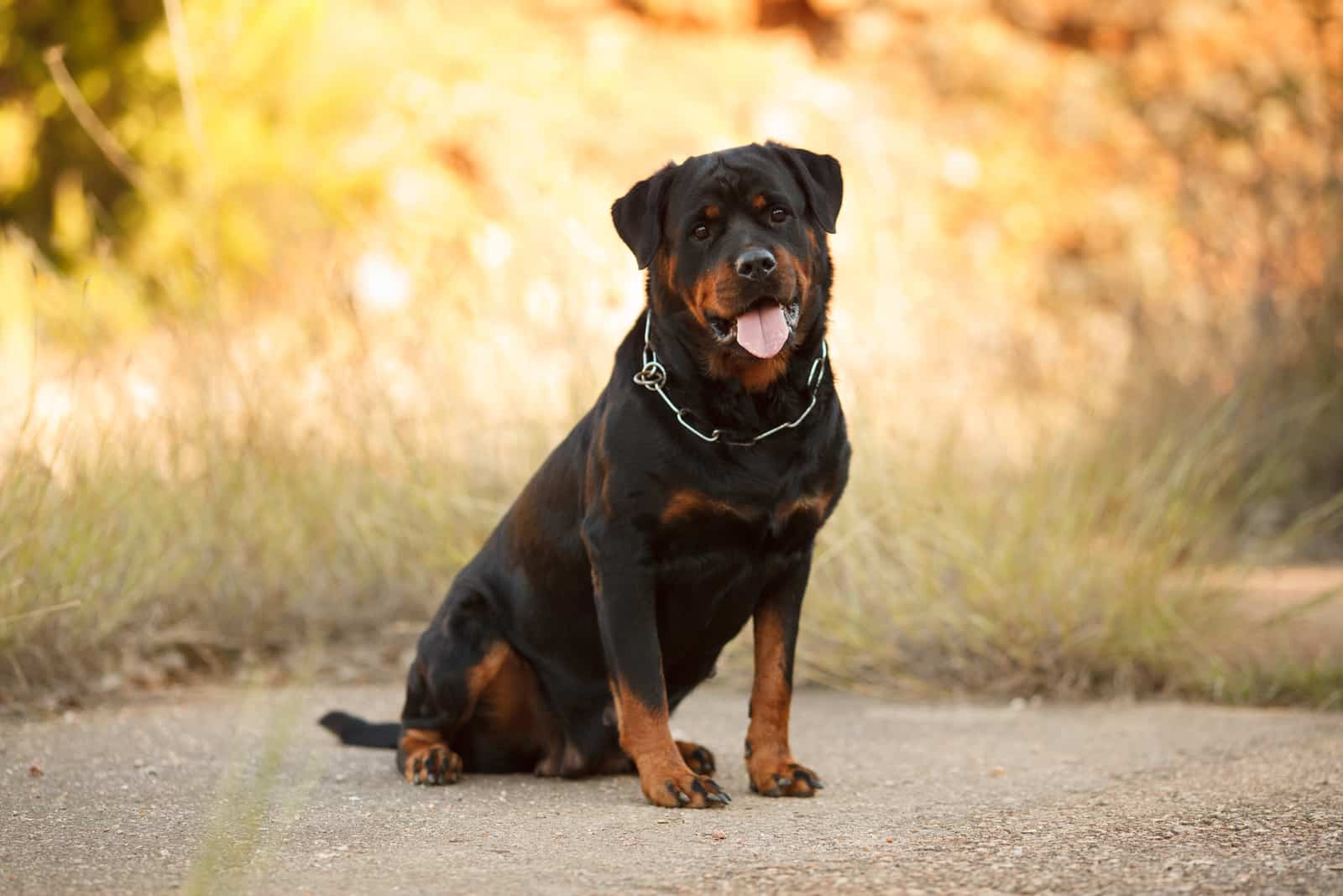
Having an energetic and overly active Rottie leads many dog owners to ask the question: Will neutering My Rottweiler calm him down?
I am sure you were aware the Rottweiler is not a low-energy breed dog even before you decided to welcome this puppy into your home.
However, this dog’s energy level might still surprise you and even seriously test your patience.
Castration will definitely calm your dog down to a certain extent. The dog will run away from the house less often in search of a female, will hump up less, and will not mark the territory to the extent that it did before.
It is also likely that your Rottweiler will show less aggression towards other males.
However, in the end, we would like to emphasize that neutering should not be undertaken as a measure to prevent unwanted behavior in a dog. There are clear reasons why Rottweiler owners should opt for castration.
Sterilization of a dog without discipline, pre-training, and socialization will not result in a change in the dog’s behavior. You should not expect your Rottweiler, if he otherwise shows some behavior problems, to suddenly become a calm and obedient dog after sterilization.
So, we conclude that sterilization certainly has numerous advantages for male Rottweilers, but it alone will not significantly change the temperament and behavior of this dog.

